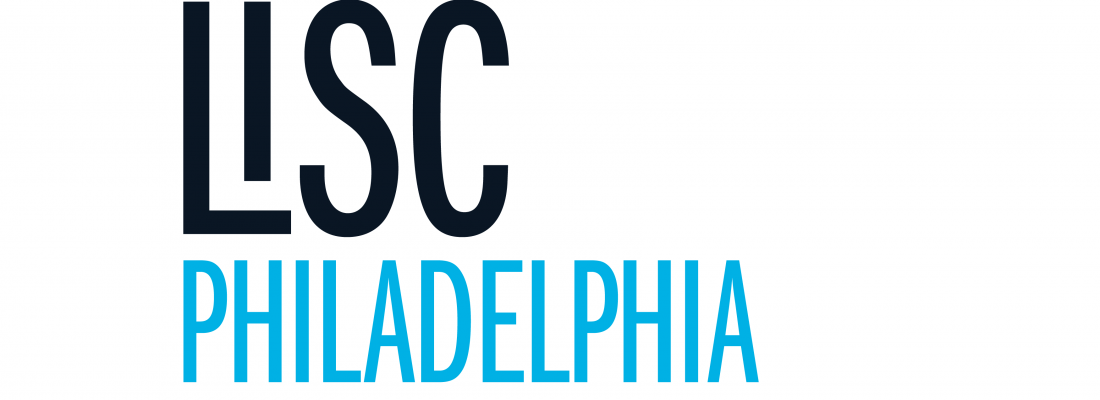
Philadelphia, PA
United States
Mapped the housing and health needs of residents, owners, and buildings in Philadelphia, PA to identify properties most at risk of losing affordable housing status because of COVID-19 in an effort to preserve affordable housing, particularly in communities of color.
Before the COVID-19 crisis, Philadelphia was already experiencing a critical shortage of affordable rental housing for people and families with lower incomes. The pandemic has exacerbated ongoing and systemic inequities, particularly in Black communities and other communities of color in Eastern North and West Philadelphia. As an intermediary and community development financial institution (CDFI) Local Initiatives Support Corporation (LISC) Philadelphia works alongside community-based organizations and residents to implement their visions and enhance collective capacities to create healthy and sustainable places to live, work, raise children, and conduct business.
The project’s goal was to conduct a spatial analysis identifying the affordable rental housing that is most at-risk of becoming unaffordable, whether owing to changes in tenants’, owners’, and properties’ financial health or to neighborhood conditions. To collect this information, LISC conducted listening sessions with housing partners and stakeholders, to document, analyze and assess the needs of residents, owners, and buildings. These listening sessions revealed areas for potential strategic investment and advocacy resulting from the pandemic within three core areas: residential services, property management, and building owners’ portfolios.
LISC worked with the Drexel University Urban Health Collaborative (UHC) to develop indicators that best demonstrated the connections between these needs and COVID-19, were available city-wide, and were consistent with the CDC’s Social Vulnerability Index (created to understand geographic patterns in disaster preparedness and response). The UHC is Philadelphia’s local partner in the National Neighborhood Indicators Partnership, and was created to leverage the power of data, research, education, and partnerships in order to make cities healthier, more equitable, and environmentally sustainable. More specifically, LISC and the UHC documented tenants’ existing and projected needs (including basic and behavioral health needs), their physical health status, their employment status, and corresponding impacts on affordable rental properties (which are experiencing increased costs owing to COVID-19). These indicators were incorporated into the COVID-19 Affordable Rental Property Assessment data dashboard for dissemination to stakeholders for policy and fundraising purposes. The first set of dashboards showed properties in the city at-risk of becoming unaffordable and COVID-19 vulnerabilities for the city overall, while the second set of dashboards showed at-risk properties and COVID-19 vulnerabilities in the councilmanic districts of LISC's affordable housing partners.
This analysis has and will continue to inform strategies to ensure publicly assisted affordable rental housing properties are preserved and remain affordable, particularly in communities of color. For example, during a well-attended community listening session, with representation from the local government, foundations, non-profits, and policy and research organizations, there was expressed interest in continuing to learn more about the tool and its application to the housing field. LISC has continued to use the dashboards in its preservation efforts and to support non-profit building owners to preserve at-risk properties.
Social media handles: @LISC_Philly (Twitter), @LISC_Philly (Instagram), @lisc-philadelphia (LinkedIn)